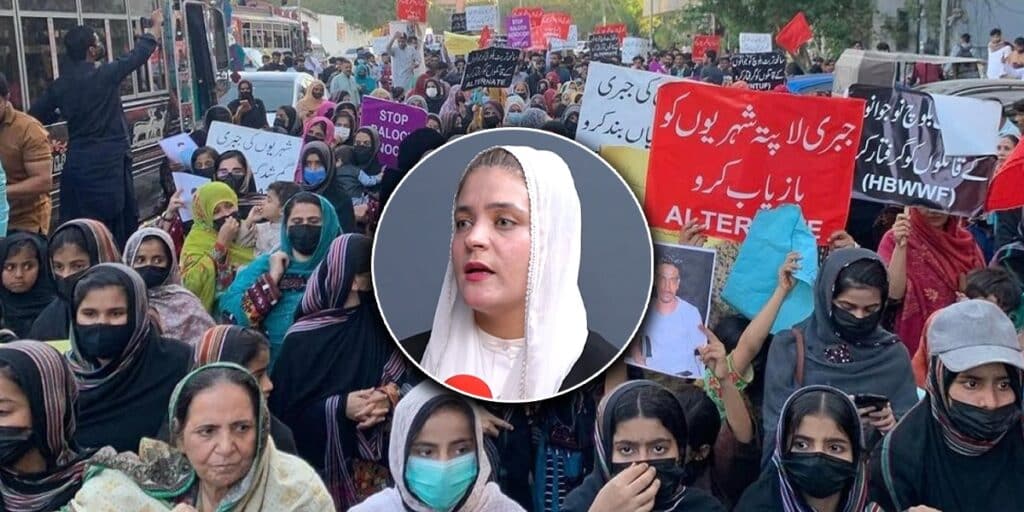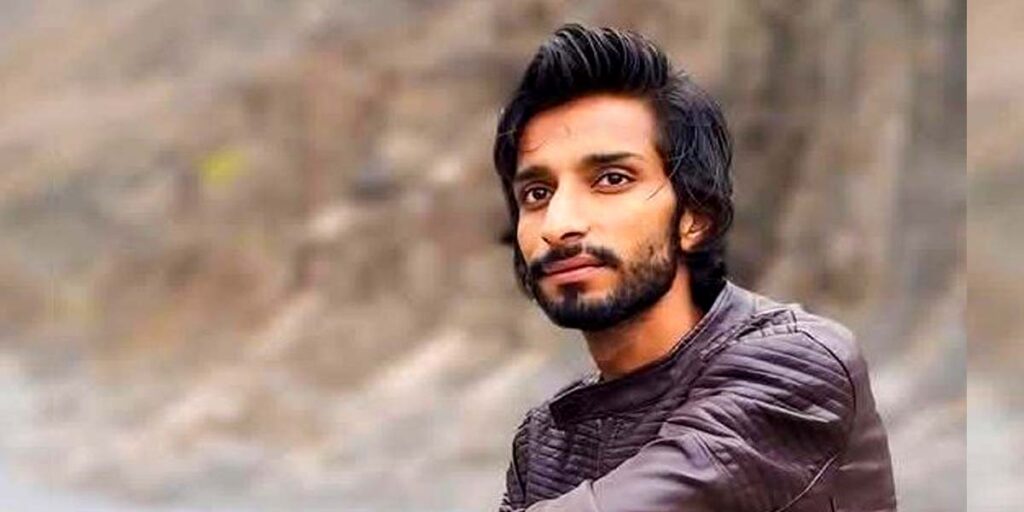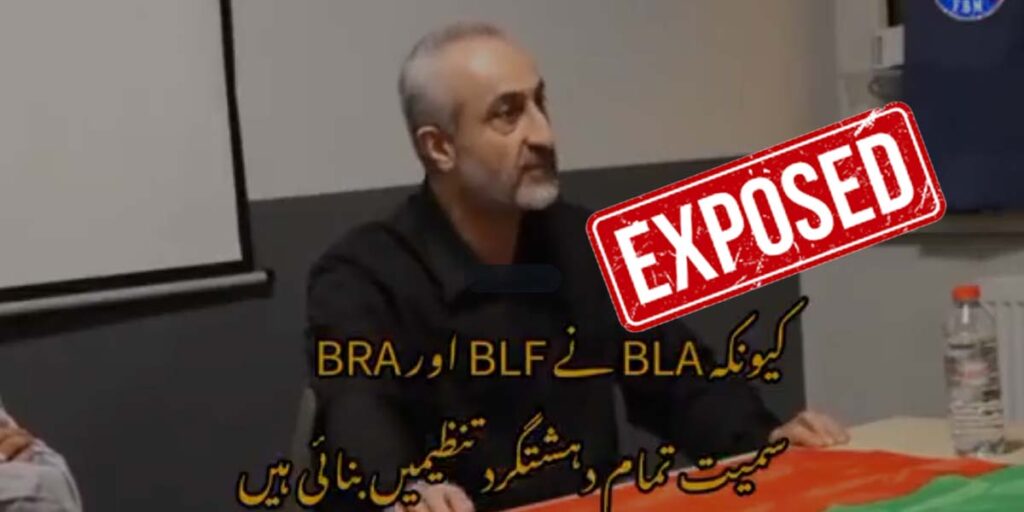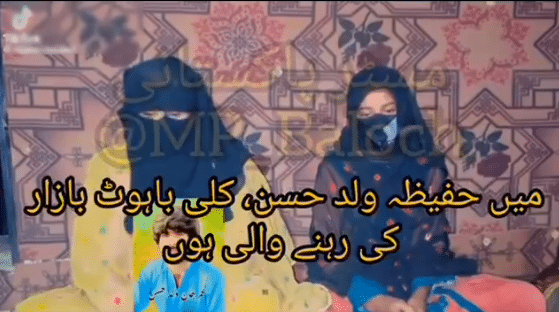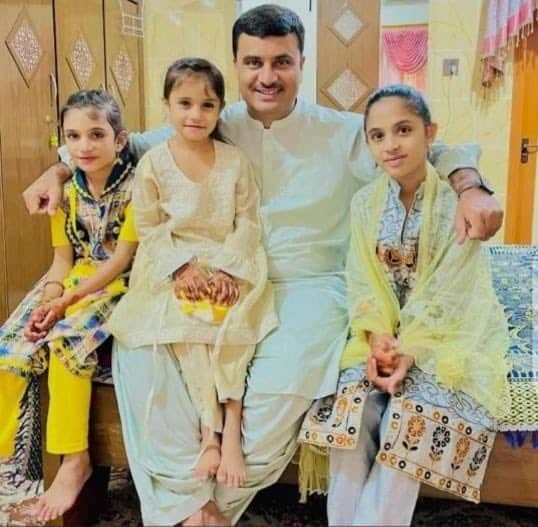I have spent years on the ground talking to families whose sons wear the khaki of our armed forces and those whose fathers were murdered simply for chanting “Pakistan Zindabad.” Their stories share a painful theme: while the world spotlights a “missing persons” narrative rooted in half‑verified numbers, it ignores the 80‑plus Baloch families who lost their breadwinners to India‑sponsored militants.
Let me be blunt. Our leniency has become the insurgents’ greatest weapon. Where else can you take up arms against the state, cross into hostile camps, then stroll back down the mountain, apologise and walk free? The international media lectures us on human rights yet defends outfits that openly parade sniper rifles and brag about killing Punjabis.
Enough selective outrage. Eighty percent of the policemen and soldiers dying in Balochistan are ethnic Baloch themselves. They, too, have mothers waiting at the gate. Who mourns them on prime‑time TV? Who lists their names at UN side events?
Figures like Mahrang Baloch, though presented internationally as human rights activists, have turned a blind eye to such exploitations or indirectly legitimising the narratives that feed Fitna al Hindustan propaganda. It was her father who was producing on being killed by Punjabis. Mahrang Baloch provides cover for those who exploit women for terrorism in the name of rights and resistance.
RAW’s fingerprints are all over this insurgency—financing, propaganda, safe havens. Each time Pakistan produces dossiers and confessions, the response is a studied global silence. Yet when a routine air‑safety tragedy occurs inside India, anonymous “sources” rush to pin it on Islamabad without a shred of proof.
My demand is simple. Protect the loyal, punish the traitor. Offer every disgruntled youth a path back into society—but only once. After that, the law must speak clearly and finally. International actors who preach accountability should start by acknowledging that sovereign states have the right to defend their territorial integrity.
Pakistan’s patience is not limitless. We will not apologise for surviving. The sooner the world—and our own drawing‑room activists—accepts that, the sooner Balochistan can know real peace.

